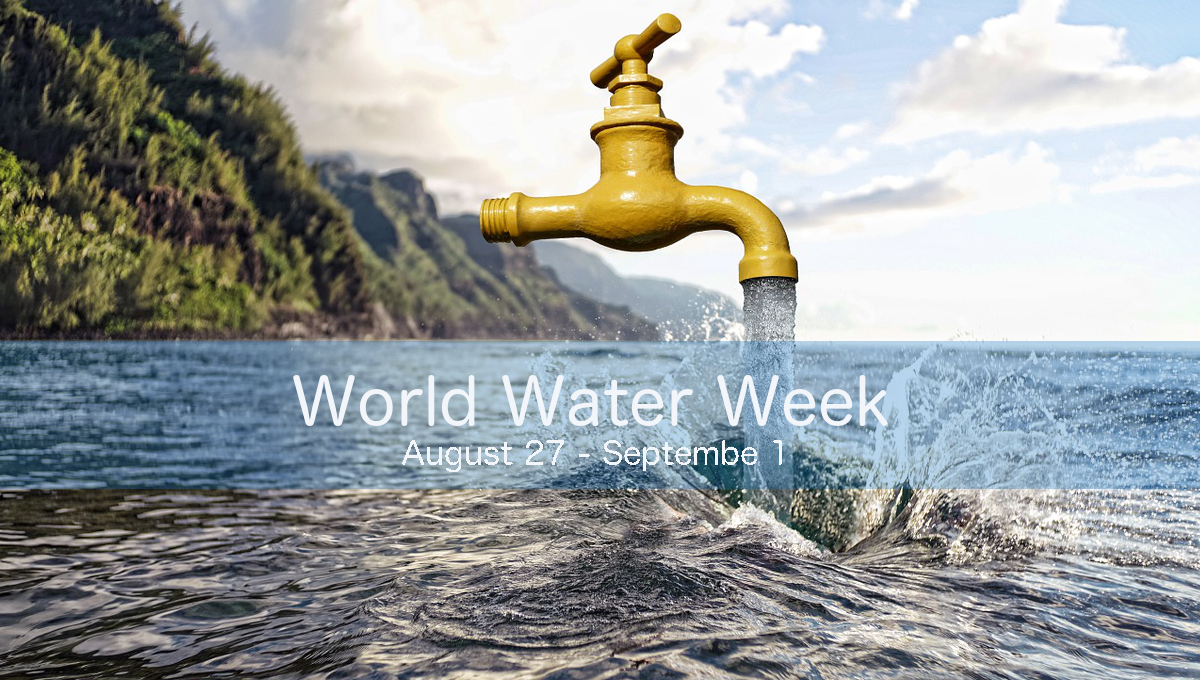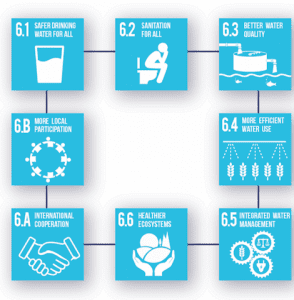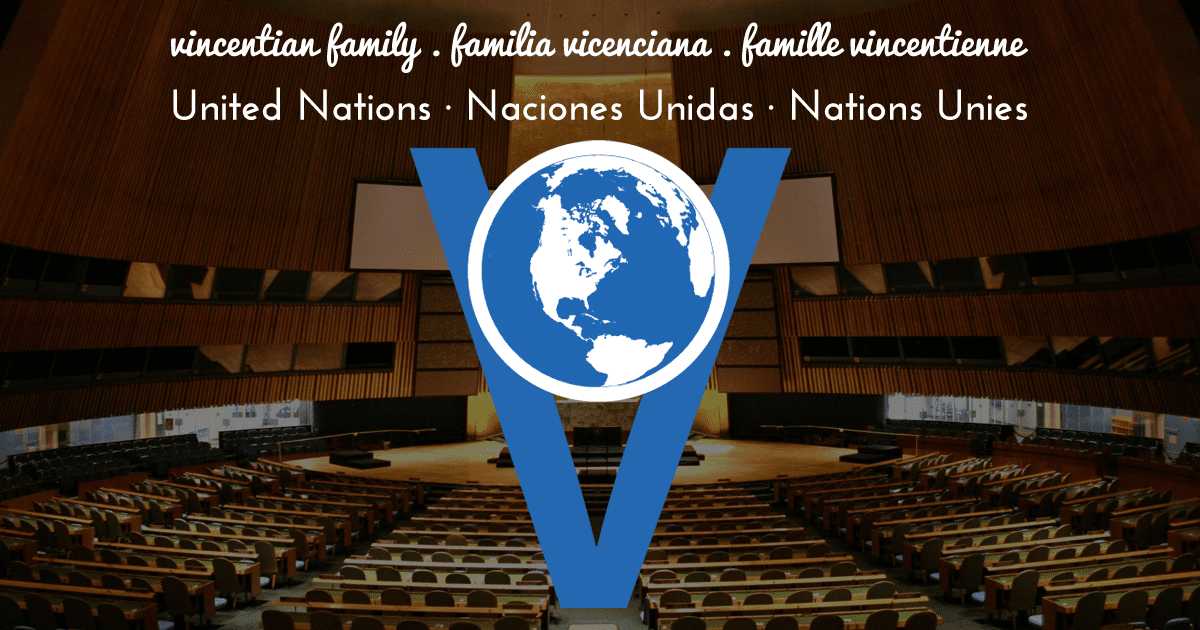World Water Week: In pursuit of SDG 6
In pursuit of Strategic Development Goal 6: Ensure availability and sustainable management of water and sanitation for all. That was World Water week 2017 in Stockholm, Sweden.

World Water Week 2017 Overview
More than half of households worldwide have access to clean water in their homes; however, the number of people without adequate sanitation (a safe toilet) is increasing as people move into more crowded cities. According to the World Health Organization (WHO), diseases caused by contaminated water kill more people every year than all forms of violence, including war. By prioritizing clean water, the health and livelihoods of millions of people can be improved. The world’s environment, climate, and economic prosperity can be positively impacted.
The World Water Week in Stockholm is a week-long global water conference held each year in August or September in Stockholm, Sweden and is arranged and led by the Stockholm International Water Institute (SIWI). Addressing a wide range of the world’s water development and sustainability issues and related concerns of international development, the conference functions as an open and dynamic platform. The World Water Week aims to help link practice, science, policy and decision making, and enables participants to exchange views and experiences, form partnerships and shape joint solutions to global water challenges.
The 2017 edition of World Water Week took place from August 27 to September 1 in Stockholm, Sweden. The theme was ‘Water and Waste: Reduce and Reuse’. The United Nations participated in this forum primarily through the work of UN-Water. Various sessions and events were convened.
The United Nations World Water Development Report 2017 focused on the theme ‘Wastewater, the untapped resource’. The UNESCO World Water Assessment Programme together with UN-Water Members and Partners that have been involved in its preparation, presented its main findings and messages. The aim of this report was to inform and raise awareness on the benefits arising from improved wastewater management and the needed progress to achieve the 2030 Agenda for Sustainable Development. The report highlighted that wastewater needs to be seen as a resource rather than a burden and this session tried to catalyze the attention of policy/decision makers, water practitioners and the public at large about the opportunities linked with the “4Rs” (reduce, remove, reuse and recover). Improving WW management, including its collection, treatment, discharge, and the beneficial use of liquid and solid by-products, is critical to the social, environmental and economic dimensions of sustainable development and an integral step in avoiding local (and global) water crises.
The Synthesis Report 2017 was developed by UN-Water and the production is coordinated by the UN World Water Assessment Program to adopt an integrated approach to SDG 6 reporting and, thereby, help policy-makers keep track of global progress. One focus of the initiative in 2017 was the rollout of an *integrated* baseline process in approximately 30 countries, aiming to facilitate the monitoring in each country of a statistically significant amount of SDG6 indicators across government departments and sectors, as well as to generate a global baseline for SDG6 that allows for integrated analysis across indicators..
The SDG 6 Synthesis Report 2018 on Water and Sanitation is currently being developed and planned for publication in June 2018. This report will feed into the discussions of the High-Level Political Forum on Sustainable Development (HLPF) in-depth review of SDG 6 in July 2018.
In embarking upon the 2030 Agenda for Sustainable Development with a dedicated goal on water and sanitation, credible data are needed to underpin sector advocacy, stimulate political commitment, inform decision making and trigger well-placed investment towards health, environment and economic gains.
World Water Day
World Water Day ( March 22) is a day to raise awareness and inspire action to tackle water and sanitation issues. Every year, UN-Water proposes a theme for World Water Day corresponding to a current or future challenge. The theme sets the focus for the World Water Development Report launched annually on March 22.
World Water Day 2018 ’Nature for Water’ will show the potential of nature-based solutions for water and how they can be considered for water management policy and practice.
In this session, participants will get an opportunity to learn more about the theme of World Water Day, the objectives of the campaign and identify ways for their organizations to be actively involved. The World Water Day campaign is coordinated by the Convention on Biological Diversity, UNESCO and UN Environment with the support of UN-Water Members and Partners.
In Conclusion
UN-Water and other UN entities (WHO, UNESCO, ILO) are working to align, integrate and expand existing monitoring and reporting efforts to ensure a coordinated monitoring and reporting of the entire water cycle, building on national and regional efforts. Together they will be able to monitor and report on global progress towards the entirety of SDG6.

Tags: water







0 Comments